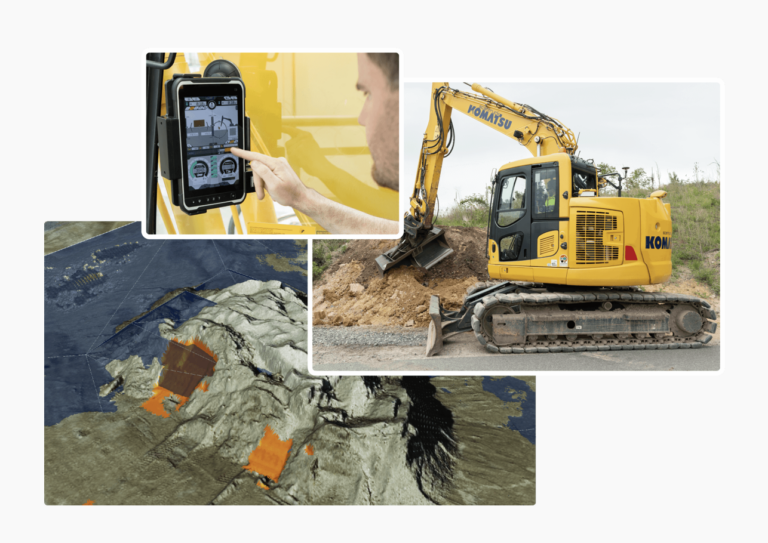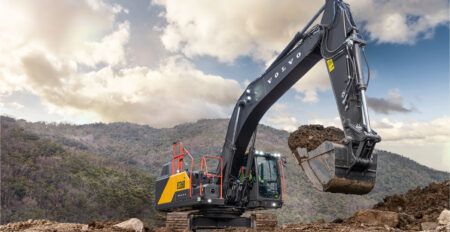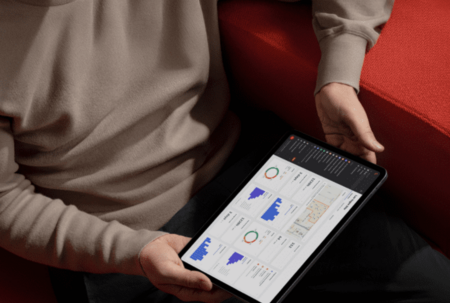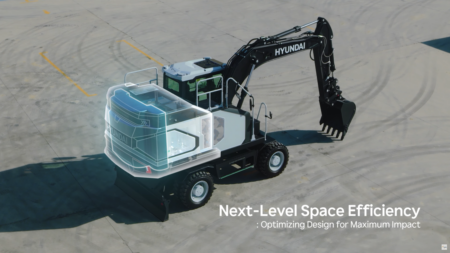New data from solutions expert, Komatsu Smart Construction, indicates the adoption of digital tools across the construction sector is on the rise, highlighting a behaviour shift across the industry.
The engagement in equipment such as 3D machine guidance has doubled since the launch in 2023. Other solutions that have seen annual growth include dashboard, a data collection tool that combines the 3D design data with aerial mapping and intelligent machine data to create a digital twin that allows stakeholders to gain instant access to critical data, enabling them to track progress, identify bottlenecks and make informed decisions promptly.
As organisations strive to meet heightened objectives in the ever-changing construction market, these sales suggest that the sector, which has historically been slow on the take up of digital technology, is ready to turn a corner and embrace the available solutions.
Sina Motsch, jobsite manager from HEITKAMP Corporate Group, shares insights into her mission overseeing a project that involves the delivery of two million cubic meters of soil across 27 hectares, over the entire duration of 10 years.
“As a site manager, the daily challenge lies in grasping the latest jobsite development. Materials are being delivered, machines are constantly running and I’m confronted with a flood of data every day. It’s crucial for me to find an easy way to make sense of it and make use of this information effectively. By using tools from Smart Construction I can transform my sites and deliver work in less time at a smaller cost,” she says.
Richard Clement, deputy general manager at Komatsu Smart Construction, adds, “We’re thrilled to see this uplift in takeup of our range of digital solutions. We’ve worked tirelessly to create technology that equips site teams with the solutions they need, without incurring high costs or requiring machines to be idle.
“A recent study found that more than 13 percent of construction teams’ working hours are spent looking for project data and information— equating to more than five hours a week per person. The Smart Construction suite provides solutions to improve communication and coordination and reduce errors.”
Smart Construction has revealed that customers engaged with its remote solution, which allows users to send new design data to machines in the field, or remotely support operators, without travelling to the jobsite, saving on average 511 hours of time and 3,063 litres of petrol a year.
“Our goal is to continue to create solutions that bring construction professionals closer to the digital transformation, empowering them to take up available technologies that improves output and productivity whilst not breaking the bank. Digital solutions are the future of this industry, and it’s extremely encouraging to see technology be adopted across multiple disciplines,” adds Clement.





